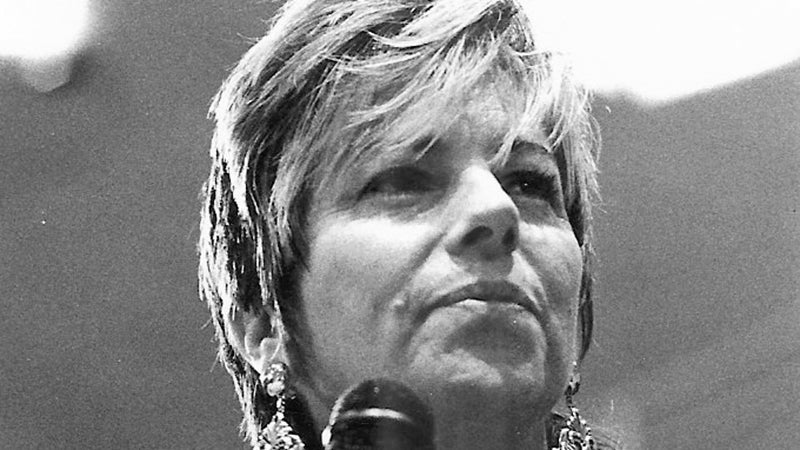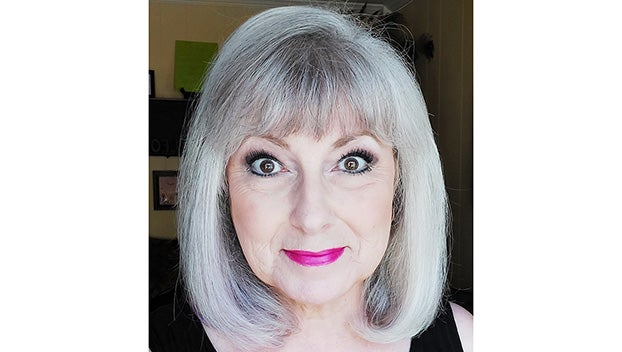Protecting Free Speech: The right to seek and accurately report the news
Published 8:41 am Friday, November 6, 2015
By David Chavern
Our First Amendment right to free speech is the single most important tool we have to challenge the abuse of power. Through our individual actions and an independent, energetic free press, we have been given the ability to call to account those with political and economic power in our society. Without this right, there is no democracy or popular will — only tyranny.
Free speech is so fundamental to the American body politic and our relationship with government that we, sadly, can also take it for granted. Sometimes it takes an example from another part of the world to remind us of the immense value of our own First Amendment.
Last month, the government of Ecuador began action to shut down the country’s last watchdog group dedicated to protecting free speech and a free press. The government alleged that the group—called Fundamedios—published essays and tweets “of indisputably political bent.” This, as well as other repressive actions in recent years, prompted a group of experts from the United Nations and the Inter-American Commission on Human Rights (IACHR) to denounce the government’s conduct. The experts noted that, “Members of associations, particularly those dedicated to defending human rights, should fully enjoy the right to freedom of expression, in particular, the freedom to be openly critical of governmental policy and practice.” Fortunately, the international outcry in support of Fundamedios made the Ecuadorian government back off from taking action—for now.
In America, press reporters serve as public watchdogs, holding government, corporate, union and other powerful officials accountable for their actions. They are the eyes and ears of our democracy.
However, in a digital communications world, there are challenges to the role and impact of credible reporting. When anyone can broadcast anything to the entire world, how can you tell what is important … or even true?
The abundance of information from the expanding number of media sources available makes it more important than ever for all publishers to adhere to stringent verification procedures to fact-check the statements, images or videos used by others. Only those who do so will be able to build and maintain public trust and preserve the power of the First Amendment.
Fortunately, a 2014 study by the Reynolds Journalism Institute found that newspaper subscribers gave higher credibility rankings to newspapers than other forms of media.
As Eleanor Roosevelt has famously said, “With freedom comes responsibility.” It is up to the media to use this power to investigate where there is a need for accurate information and tell the stories people need to know. And it is up to the American people to view information through a critical lens and make their own informed decisions, using their own voices to speak up on the issues that matter most. A strong democracy is an informed democracy, where every citizen has the right to information, the right to think for themselves and the right to speak for themselves.
David Chavern, is President & CEO, Newspaper Association of America





